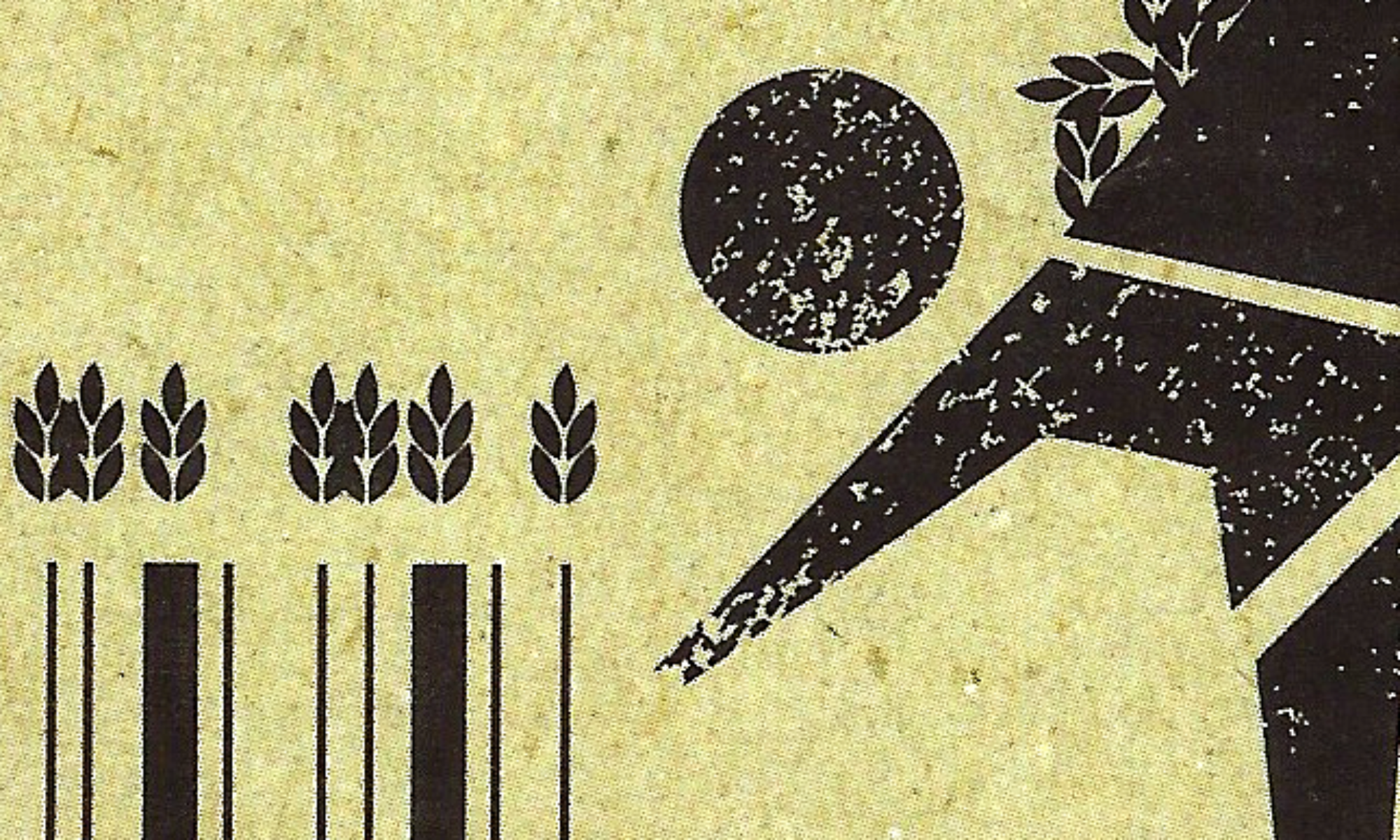It’s Black History Month here in the US. One of the things that ought by now to have been consigned to the dustbin of history is slavery. It hasn’t. People of colour – American and those without papers – continue their struggle against it, particularly in agriculture. Here’s a piece published this week in the St Petersburg Times on how the Coalition of Immokalee Workers are trying to make slavery history.

Photo: JJ Tizou
Special to the Times
The gavel came down, the auction ended, and the winners carted their new purchases home. The bidders had walked the market, seen the wares, placed their offers and the highest bid won. It was a fair market price, struck 150 years ago outside Savannah, Ga., in a model of modern capitalism.
At one of the last slave auctions in America, this was how 429 men, women and children were dispatched, through a timeless dance of supply and demand. Efficient. Mathematical. Unjust. The price may have been fair, but the market wasn’t.
Little could be further from our minds when we go into a modern supermarket, yet that dark history is much closer than we’d like to think. The descendant of Atlantic slavery taints all too many tomatoes picked in Southern Florida today. Since 1997, well more than 1000 people have been freed from conditions of modern slavery in the tomato fields of Florida. In the latest of such cases to surface, workers were chained inside trucks, charged $5 for a shower, and made to work for pennies a day, suffering heinous physical abuse from their employers.
Their suffering is bought cheap, at $2 a pound in the supermarket. Yet for picking those tomatoes, the average worker earns about 45 cents for a 32 pound bucket. And far too many earn much less.
According to the Coalition of Immokalee Workers, an organization of tomato pickers fighting for justice in the fields of Immokalee, for every person freed by police, there are many more who remain in deplorable conditions. Those who perpetrate these crimes have been prosecuted under the federal laws guaranteeing the 13th Amendment to the Constitution, the very amendment that ended slavery in 1865.
The Coalition isn’t calling for radical change — they’re asking for just a penny more for every pound of tomatoes they pick for the tomato companies and that their employers be required to comply with a basic code of conduct, including zero tolerance for forced labor. Florida’s tomato growing conglomerates have shrugged off the suggestion that the average tomato picker’s wage should increase from its current level of $10,000 per year. The Coalition has responded by successfully petitioning the end-users of the tomatoes: from Taco Bell to Whole Foods, more and more American corporations agree that one ingredient that shouldn’t be in our food is slavery.
Tomato picking holds a credible claim to being the worst job in the United States. As Greg Asbed from the Coalition of Immokalee Workers puts it, “No one dreams of the day they can finally get that job picking tomatoes.” Yet many firms continue to ignore the call to improve farm labor conditions and end slavery in the fields. Among them is Publix, the largest publicly held corporation in Florida, with revenues of $24 billion in 2009.
One might have imagined Florida’s self-styled “neighborhood grocer” to be more sympathetic to calls to end slavery in its suppliers’ operations. At the end of the day, it seems, business is business. The argument that Publix offers is that the tomatoes it buys — including those it buys from Pacific and Six Ls, the two growers associated with the latest slavery prosecution — are bought at a fair market price. According to Publix spokesman Dwaine Stevens they’re unwilling to interfere in what they regard as a labor dispute. “That’s not our role: to come between our suppliers and their workers.”
This is disingenuous on many fronts. First, while supply and demand have indeed met without hindrance, there’s nothing fair about profiting from the federal crime of slavery, no matter how smoothly and efficiently supply and demand have intersected. Second, when change has been demanded in the past, Publix has felt very able to make its own decisions. In 2005, the company stopped buying grape tomatoes from Ag-Mart, a supplier alleged to have violated state and federal pesticide laws. Publix cared when methyl bromide might have tainted its tomatoes — but it seems the sweat of modern-day slaves can be rinsed off a little easier.
Consumer demand can change the way companies behave, and I don’t know anyone who wants their food grown by de facto slaves. Too few of us are given the chance to know the conditions in which our food is grown, though. Publix cannot claim such ignorance. While many other large corporations have adopted a code that raises farmworker wages and, for the first time, commits buyers to cut-off suppliers who are involved in slavery, Publix has no plans to meet with the Coalition. On their website can be found this line: “the Publix guarantee to never knowingly disappoint our customers is legendary in the industry.” Consumers have every reason to be disappointed with Publix’ attitude. And Publix needs to live up to their word.
References:
http://www.sanders.senate.gov/newsroom/news/?id=517f1da1-8900-40ee-b650-b3acd6ff8efe
http://staugustine.com/news/local-news/2009-11-24/farmworkers-protest-supermarket-tomatoes
http://www.sourcewatch.org/index.php?title=Ag-Mart

And lets not forget mental slavery. Unfortunately it is less tangible, but consider how Raj points out the way we value things – this would be a good starting point. If we do not free ourselves mentally history is bound to repeat itself.